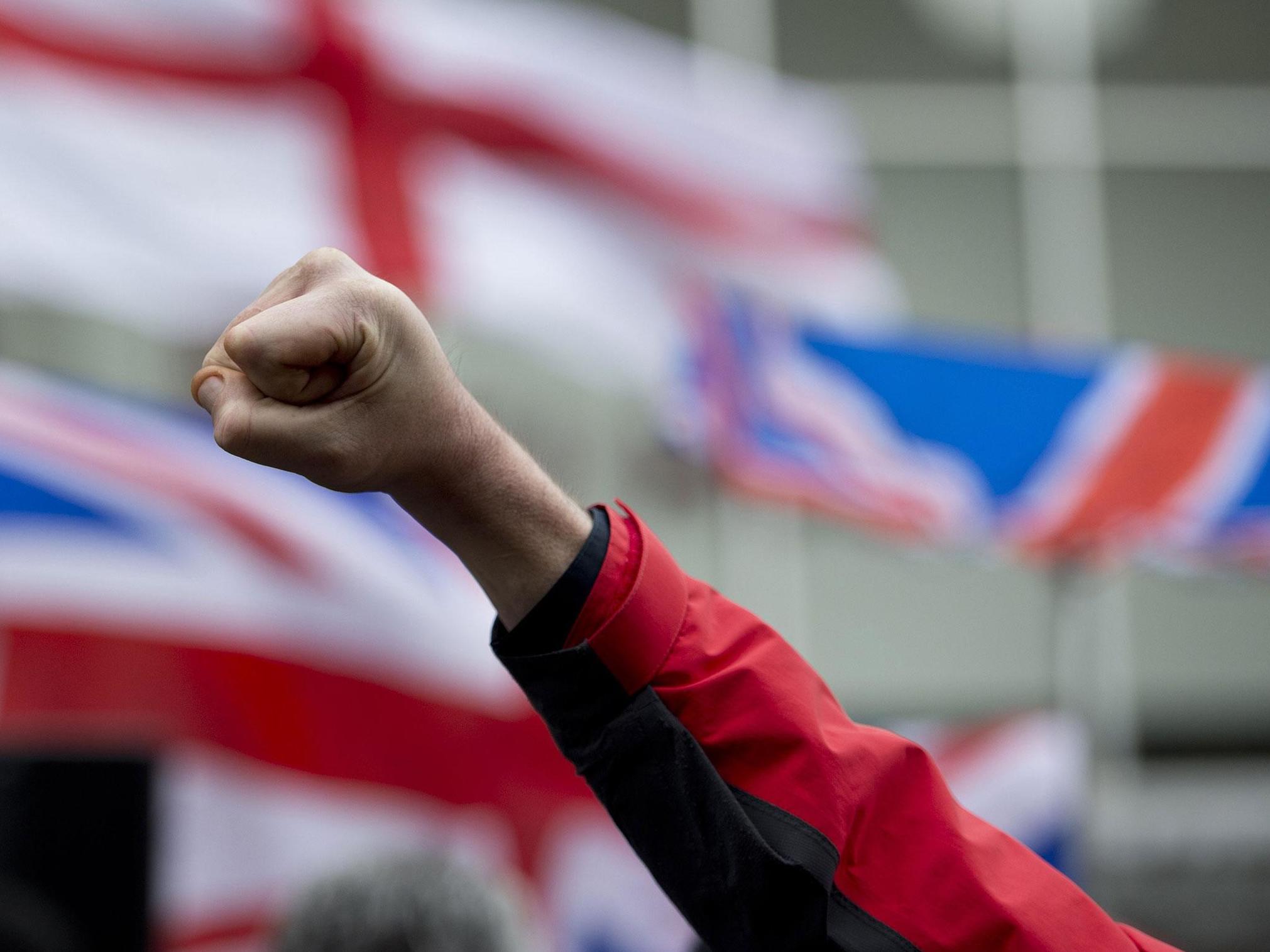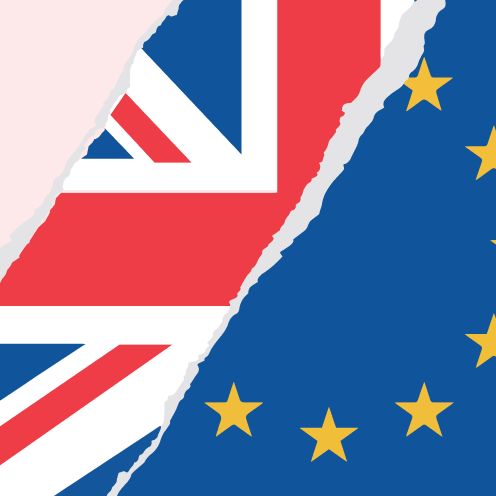Watchdog cautions on police response to hate crime and warns of post Brexit surge in reports
'There is a real possibility that there will be a similar increase in reports in 2019 if, as is anticipated by the Government, the United Kingdom formally leaves the European Union'

Police must address failings in their response to hate crime ahead of a possible post-Brexit surge in reports, a watchdog has warned.
A major review found victims have been let down after being targeted because of personal characteristics such as race, religion or sexual orientation.
Her Majesty's Inspectorate of Constabulary and Fire & Rescue Services (HMICFRS) found that, in nearly half of the cases it examined, the response was not good enough.
Some cases recorded on police systems were given a hate crime "flag"without any apparent justification, while others were not flagged when they should have been.
HMICFRS noted that there have been increases in recorded hate crime following events such as the murder of Lee Rigby in 2013, the referendum vote in June 2016 and the Westminster terror attack last year.
Its report said: "So there is a real possibility that there will be a similar increase in reports in 2019 if, as is anticipated by the Government, the United Kingdom formally leaves the European Union. Police forces should prepare for this eventuality and make sure that the recommendations in this report are used in the future to improve the police response to hate crime victims."
Hate crimes and incidents are defined as those perceived as motivated by hostility or prejudice based on a personal characteristic.
Five strands are monitored centrally, race or ethnicity; religion or beliefs; sexual orientation; disability; or transgender identity.
Some forces log other types of hostility under the hate crime heading, including reports of misogyny and incidents where victims were targeted because of their age or membership of an "alternative sub-culture", such as goths.
The Government tasked HMICFRS with carrying out its first in-depth probe into police handling of hate crime in 2016.
Inspectors took figures from all 43 forces in England and Wales and carried out more detailed fieldwork in six services. The report said victims face a "postcode lottery", highlighting "significant problems" with the system for flagging an offence or incident as a hate crime.
There were examples of flags not being used when they should have been, the wrong flags being applied, or flags being used "without any apparent justification".
Figures showed that more than 3,000 recorded racially or religiously aggravated offences were not flagged as hate crimes.
In one force, an audit of 700 hate crimes showed that as many as half of the religious flags should have been recorded as race.
There were "very serious problems" in two areas, which led inspectors to conclude that the flagging of some hate crime is either inaccurate or there was no evidence of any hate motivation at all.
Forty-three out of 180 cases reviewed were incorrectly flagged at the time of reporting.
There was no evidence to suggest the incidents or crimes related to the flag applied, and there was "no justification recorded for the decision to do so", the report said.
HMICFRS concluded that in 89 cases the response was not good enough, with inquiries hampered by delays and a lack of action.
It found that most forces do not follow guidance that those targeted in hate crimes should be prioritised. In 65 instances, victims were not visited by police at all.
In one case cited by the watchdog, a 17-year-old reported that she believed she had been assaulted because she was gay. However, the incident was first not flagged as hate-related and then later incorrectly recorded as racially or religiously aggravated.
In another instance, police questioned a trans woman's view that what she had experienced was a hate crime, the report said.
Lead inspector Wendy Williams said: "Hate crime is a heinous crime because it strikes at the heart of who you are."
She added that there were many examples of officers and staff dealing with hate crime victims sensitively and effectively, and evidence of "positive practice" in forces' approach.
In 2016/17, hate crime accounted for 2% of all police-recorded offences in England and Wales.
Data suggests that between 2014/15 and 2016/17, the total number of recorded hate crime offences increased by 57 per cent.
HMICFRS said the increase was likely to be a combination of a genuine rise, more people coming forward to report hate crimes and improvements in recording practices.
National Police Chiefs' Council lead on hate crime Assistant Chief Constable Mark Hamilton said: "Hate crime has been a priority for the police for many years and our response is amongst the best in the world.
"HMICFRS's recommendations will help us to address inconsistencies around the country and provide a more effective response to victims. We will look carefully at the response times to victims. We will also look at whether the innovative approaches inspectors found working so well in some parts of the country could be replicated."
Press Association
